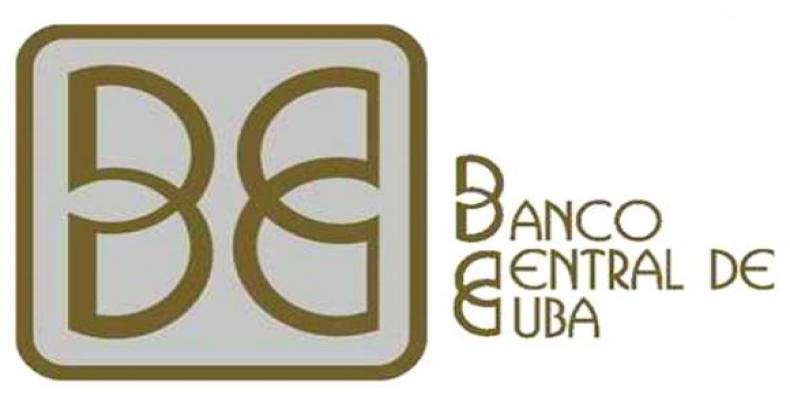
By Maritza Gutiérrez
Guideline 34 of the Economic and Social Policy of the Cuban State until 2026 establishes to promote the development of the payment system and intensify a strategy of financial inclusion, with priority in the bancarization, which enhances a modern infrastructure of electronic payment channels, supported by an effective financial education.
This is the subject we are approaching today, in view of BCC Resol. 111 of the BCC, which proposes to accelerate the process of bankarization in the country. Evidently, this is not a circumstantial fact, but a policy.
The truth is that since 2000, with the introduction of ATMs, Cuba took its first steps in the process of bankarization of financial transactions. In 2019, only a little more than 11% of financial transactions were made through electronic channels, and in 2022 the figure exceeded 63%, with more than 200 million transactions.
Current context
It is a fact that the use of cash by the non-state sector and the incorporation of new players in the economy has led to its intensive use in economic and financial transactions. Maintaining the preference for cash as a payment instrument has generated high costs for the country, and has caused a setback in the levels of bankarization and inclusion, contradictorily, at a time when the State is promoting the use of electronic means of payment.
Therefore, the new regulation approved by the BCC seeks to accelerate the process of bankarization to reorder financial flows, it is the strategic response of the banking system, which will put us in tune with international practice and corresponds to financial inclusion, an element that facilitates the achievement of 7 of the 17 Sustainable Development Goals, as recognized by the World Bank and other international institutions.
Today Cuba implements actions so that both citizens and economic actors understand and gradually join this process, in a dialogue that focuses on transparency and legality, as expressed by BCC Vice President Alberto Quiñones, when he reiterated that we are facing a rule issued by the Central Bank with all its powers, with a series of regulated aspects in the financial activity on the use of people's bank accounts in an efficient, safe and legal manner.
The terms "financial inclusion" and "bankarization" are often used interchangeably but they are not exactly the same. Banking inclusion seeks to provide all actors in an economy with access to banking and financial services. Having a bank account is a necessary but not sufficient condition. Banking transactions are carried out through formal and legal banking and financial institutions, which are subject to strict regulation and control. This implies the use of cards, electronic transfers, online payments and other payment methods.
On the other hand, the pillars of financial inclusion are: access, use and quality. Access is given by the ability to have timely and affordable access to products and services offered by formal institutions. Use is given by the depth or degree of utilization of financial products and services, and quality is the degree of customer satisfaction.
Since 2010, more than 55 countries have signed commitments related to financial inclusion and more than 60 countries have implemented or are developing a national strategy on the subject.
Today Cuba has a National Financial Education Strategy (ENEF) that already includes actions that contribute to the goal of banking penetration and the country is adapting an international practice, adjusted to its conditions.
Alberto Quiñones, vice-president of the BCC informed on National TV that an international practice of how these transactions are made is being brought in, and reiterated that today in the world financial inclusion is complex and is managed by governments, because not all banks accept all customers, and therefore in the process of financial inclusion, governments are obliged to establish policies depending on each country. And in Cuba, despite all its limitations, but with its opportunities, banks are open to all citizens and all economic actors.
As has been reiterated, the success of these actions does not depend only on the Banking and Financial System (SBF), but also on correcting the causes that encourage economic actors to resort to informal spaces and continue using cash, which represents an important challenge for the country.

